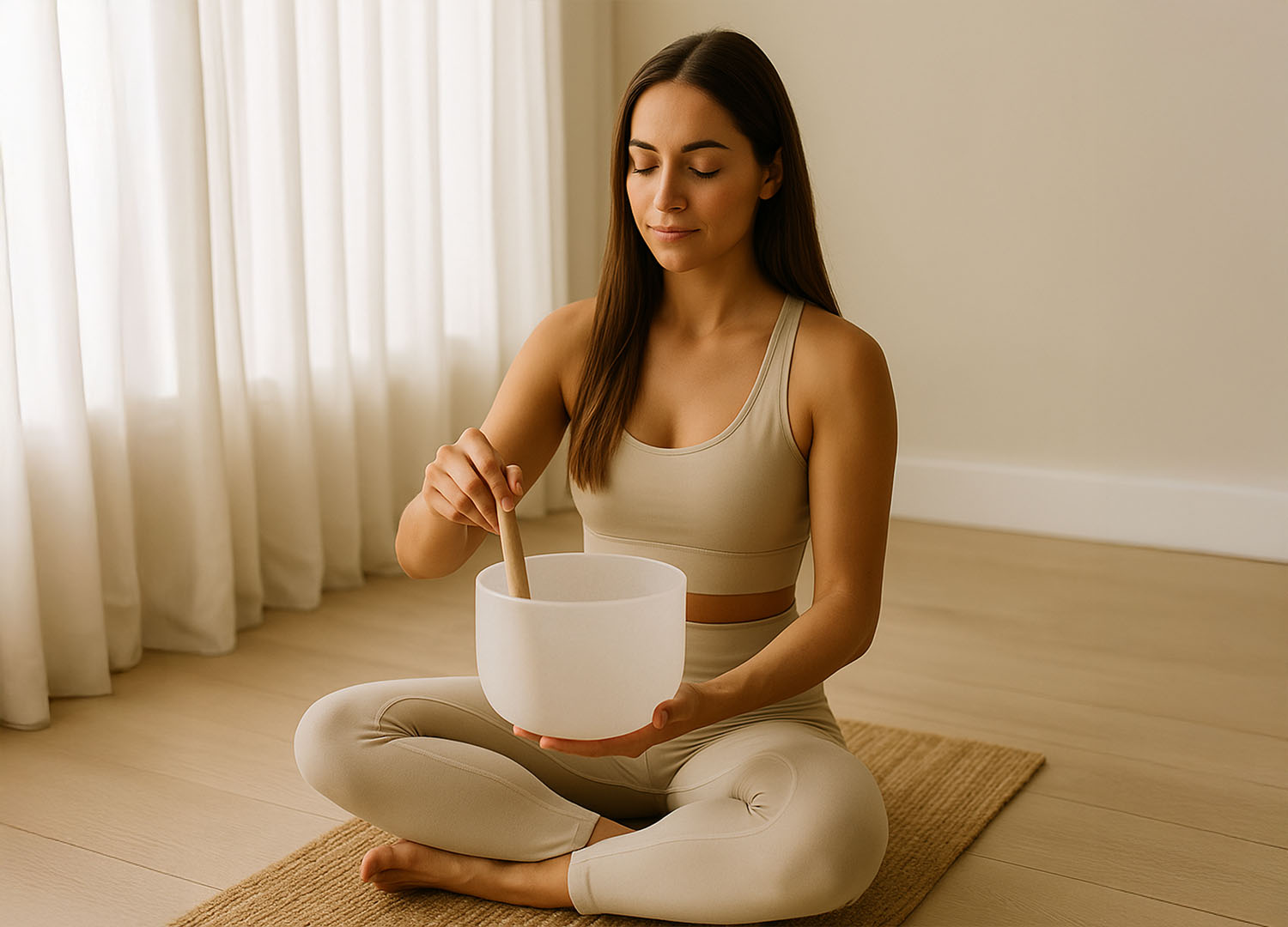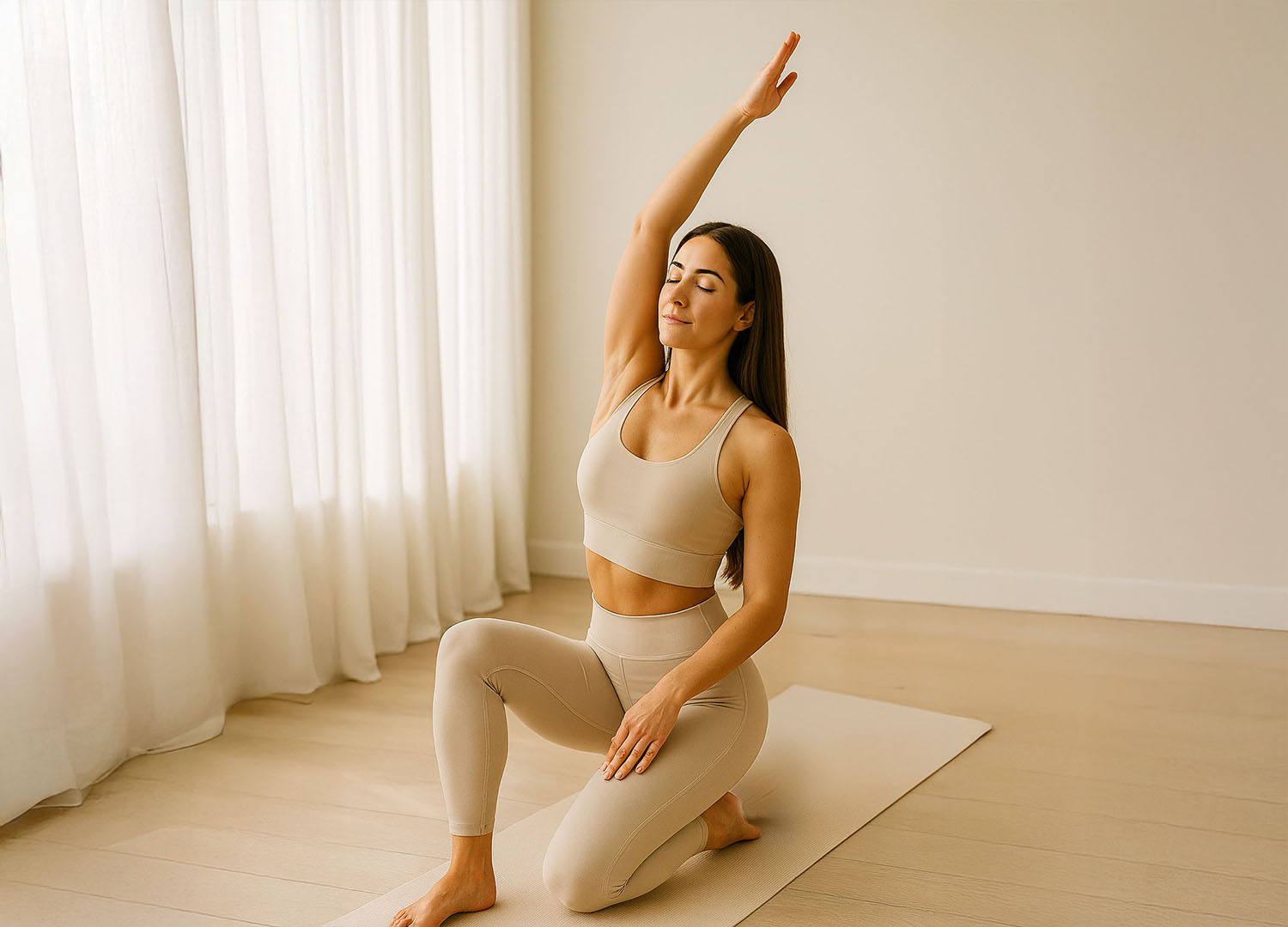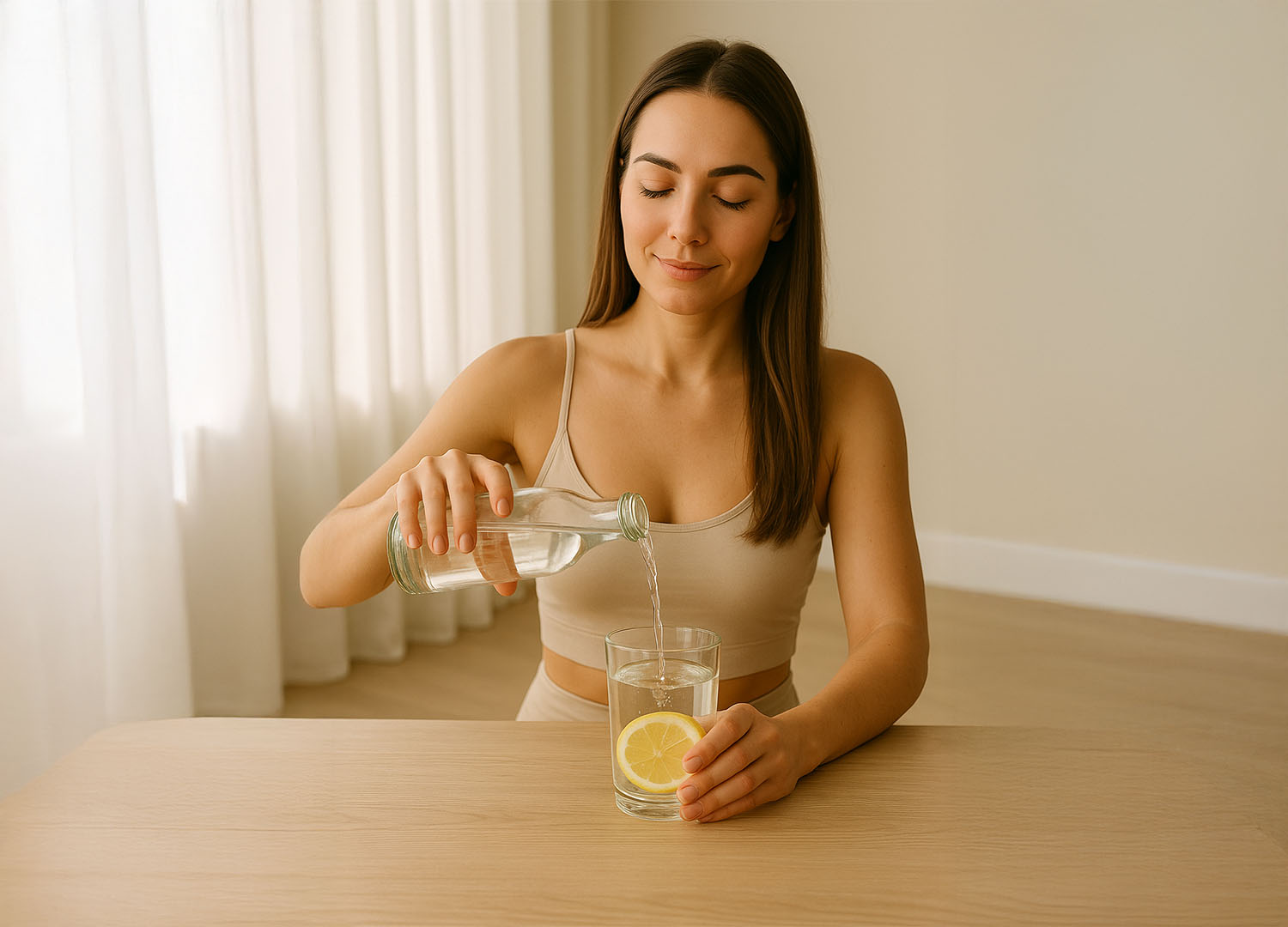True wellness extends far beyond a gym routine or a balanced plate; it is the dynamic harmony of mind, body and spirit. A holistic approach recognises that physical symptoms are often messengers for emotional unrest or energetic stagnation. By weaving together energy work, nervous‑system regulation, mindfulness practices and nature‑aligned healing, we cultivate resilience that radiates from the inside out.
What Is Holistic Health?
Holistic derives from the Greek holos, meaning “whole.” In practice, it means addressing the intertwined layers of wellbeing—biochemistry, emotions, thoughts and subtle energy. When one layer is neglected, the entire ecosystem feels the strain. Conversely, nurturing each strand creates a self‑supporting web of vitality.
Key Pillars of Holistic Wellness
1. Energy Healing
Modalities such as Reiki, acupuncture and sound baths work with the body’s biofield—a measurable electromagnetic field surrounding every cell. Regular sessions can:
- Promote relaxation by shifting brainwaves into a theta state.
- Encourage cellular repair through parasympathetic activation.
- Release emotional residue stored in the chakras and meridians.
Tip: Try a 15‑minute at‑home sound bath with crystal bowls to reset after a stressful day.
2. Nervous‑System Regulation
The vagus nerve is the main highway between mind and body. Breath‑led practices such as box breathing (inhale 4, hold 4, exhale 4, hold 4) or humming activate vagal tone and help:
- Lower heart rate and blood pressure.
- Reduce anxiety and improve focus.
- Build stress resilience for more grounded parenting, leadership or caregiving.
3. Mindfulness & Emotional Well‑being
Mindfulness is the art of attending to the present moment. Daily check‑ins reduce the cortisol spikes linked with rumination and technology overload. Simple practices include:
- Savouring the first sip of morning tea—notice aroma, temperature and taste.
- Three‑minute body scans at your desk to prevent tension build‑up.
- Evening gratitude journalling to rewire the brain for optimism.
4. Alternative & Ancestral Healing
Herbal medicine, aromatherapy and Ayurveda remind us that nature is the original pharmacy. Adaptogens like ashwagandha balance cortisol; essential oils such as lavender or frankincense calm the limbic system. Consult a qualified herbalist to tailor remedies for your constitution (dosha) or health goals.
5. Movement & Somatic Healing
Motion is emotion in motion. Holistic movement views exercise as nourishment, not punishment:
- Yoga & Qi Gong – mobilise joints, lengthen fascia and balance energy channels.
- Strength & Mobility Training – build bone density and metabolic flexibility.
- Intuitive Dance – releases stored trauma and boosts dopamine.
- Somatic Exercises – gentle pandiculation, shaking or rolling to reset muscular tension patterns.
6. Nourishment: Fuel for Body, Mind & Soul
Health is shaped by everything we consume—foods, thoughts, media and environments.
- Body: Focus on colourful produce, omega‑3 fats, fermented foods and adequate hydration.
- Mind: Curate your digital diet—follow encouraging voices and mute accounts that drain you.
- Soul: Schedule joy—paint, garden, pray or play an instrument without performance pressure.
7. Rest & Recovery
Rest is productive. Deep sleep and conscious relaxation repair tissues, consolidate memory and detoxify the brain.
- Keep a consistent sleep‑wake rhythm—even at weekends.
- Practise yoga nidra or guided meditations to extend REM‑like benefits.
- Honour ultradian rhythms: insert a 5‑minute pause every 90‑120 minutes of work.
Integrating the Pillars: A Sample Day
| Time | Practice | Why It Helps |
|---|---|---|
| 6 am | Five rounds of box breathing | Sets vagal tone for calm focus |
| 6:15 am | Sun salutations + intuitive stretches | Mobilises fascia, stimulates lymph |
| Breakfast | Warm oats with berries, flaxseed & cinnamon | Balances blood sugar & gut flora |
| 10 am | Green tea + 3‑minute body scan | Gentle antioxidant boost & tension check |
| Lunch | Rainbow salad with quinoa & tahini | Phytonutrients for cellular repair |
| 3 pm | Sound‑bath playlist + eyes‑closed rest | Resets overstimulated nervous system |
| Dinner | Grilled salmon, steamed greens, ginger broth | Omega‑3s & anti‑inflammatory spices |
| 8 pm | Lavender foot soak & gratitude journalling | Down‑shifts into parasympathetic mode |
| 9:30 pm | Lights out, blackout curtains | Optimises melatonin for deep sleep |
Leading Voices & Facilitators in Holistic Health
- Dr Andrew Weil – Founder of Integrative Medicine (University of Arizona); blends evidence‑based medicine with botanicals and breathwork.
- Deepak Chopra, MD – Pioneer in mind‑body medicine; emphasises meditation, Ayurvedic nutrition and quantum healing.
- Dr Mark Hyman – Functional medicine physician advocating food as medicine and root‑cause resolution.
- Dr Sarah Ballantyne – Medical biophysicist; specialises in immune and gut health via nutrient density.
- Adriene Mishler (Yoga with Adriene) – Accessible YouTube yoga fostering self‑inquiry and body positivity.
- Gabrielle Bernstein – Spiritual teacher promoting meditation, EFT tapping and subtle‑energy alignment for emotional wellness.
Seek out practitioners accredited by organisations such as the British Association for Holistic Medicine & Healthcare (BHMA) or the Institute for Functional Medicine (IFM) to ensure safe, evidence‑informed guidance.
Final Reflection
Holistic wellness is not a destination but a rhythm—aligning daily choices with your body’s innate wisdom. Begin with one pillar that resonates—perhaps a bedtime yoga nidra or a mindful morning meal—and allow consistency to compound. Over time, disparate practices weave into a vibrant tapestry of vitality.
Ready to dive deeper? Join me inside Discover Your Sovereign Self, where we integrate fascia release, somatic breathwork and mindfulness rituals for whole‑person rejuvenation.
Follow @brigettepanetta for weekly micro‑practices.
Helpful Resources:
- Chopra Global Meditations & Courses – learn more
- BHMA Holistic Health Guides (UK) – learn more
- Yoga with Adriene Free Class Library – learn more
- NCCIH Research on Complementary Health – learn more
- Sound Healing Academy Free Resources – learn more



